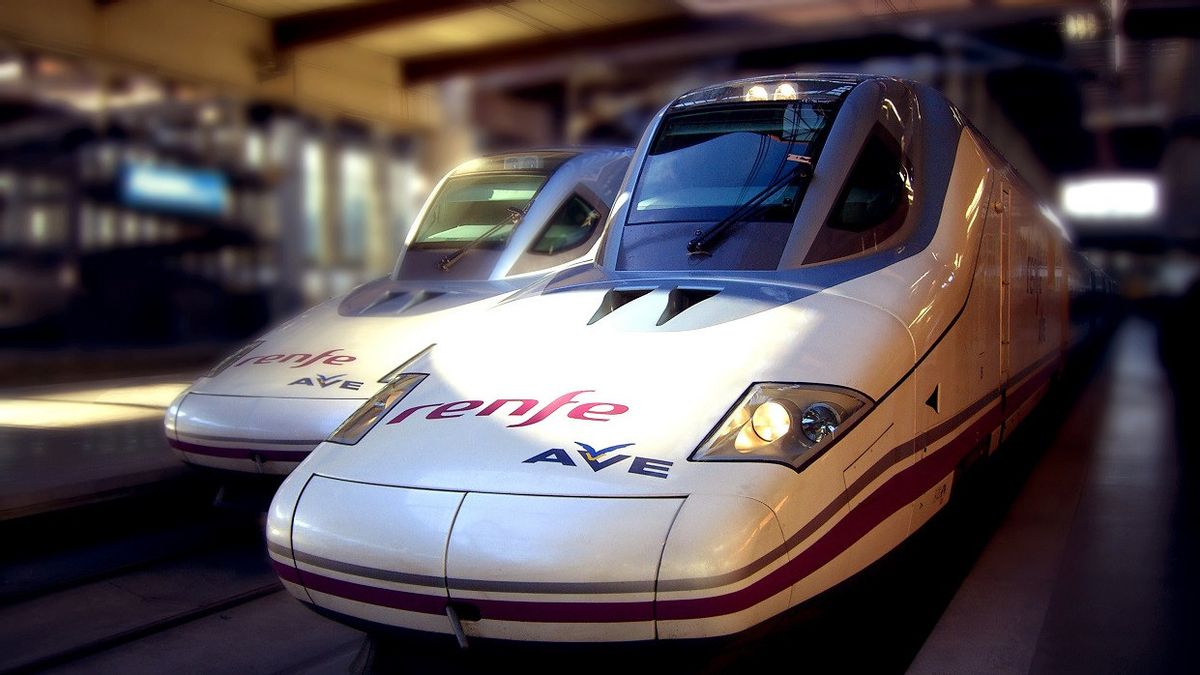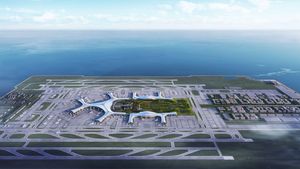JAKARTA - Short and medium-haul rail travel in Spain will be free of charge for four months starting in September, Prime Minister Pedro Sánchez announced on Tuesday.
All commuter trains (Cercanías and Rodalies) and medium-distance regional lines covering journeys of less than 300km (Media Distancia route) run by national rail operator Renfe will be free from 1 September to 31 December.
The 100 percent discount is only available on multi-trip tickets, not singles. Travel with other services, including long-distance trains and those operated by other companies, will not accept this program.
This could mean free train travel between cities like Barcelona and Seville or Madrid and Bilbao, if you're willing to commit to buying a season ticket.
Previously, a 50 percent discount on Renfe train tickets was introduced in June in an effort to help passengers. However, after reviewing the state of the country's finances, Prime Minister Sánchez decided to travel completely free for a period of time.
This free train ticket is intended to reduce the impact of the crisis on the cost of living in the country.

Germany introduced a similar measure, which is still in effect, from June to August with discounted national public transport tickets. This means that tourists can enjoy unlimited use of local and regional services for only 9 euros a month.
However, Spain has decided to go a step further by making train travel on its Renfe service free between September and December this year.
"I am fully aware of the daily difficulties that most people face. I know that your salary is decreasing, it is difficult to make ends meet, and your shopping cart is getting more and more expensive," said PM Sanchez, launching Euronews July 13.
"I will work hard to defend the working class in this country," he promised.
The free train tickets will be funded by a new 'windfall' tax on banks and energy companies that profit from rising interest rates and energy prices. The new levy will be introduced in 2023 and could generate up to 7 billion euros in two years.
Later, this fund will also be used to build 12,000 new houses and fund youth scholarship programs.
The English, Chinese, Japanese, Arabic, and French versions are automatically generated by the AI. So there may still be inaccuracies in translating, please always see Indonesian as our main language. (system supported by DigitalSiber.id)









